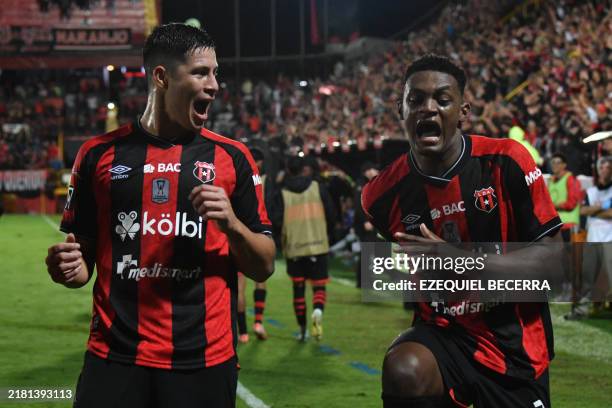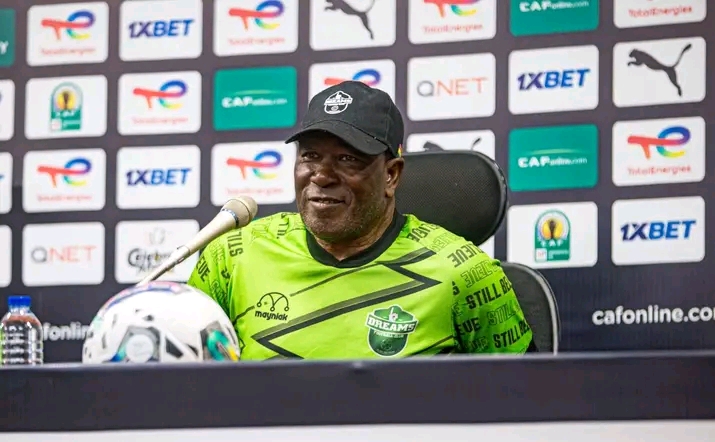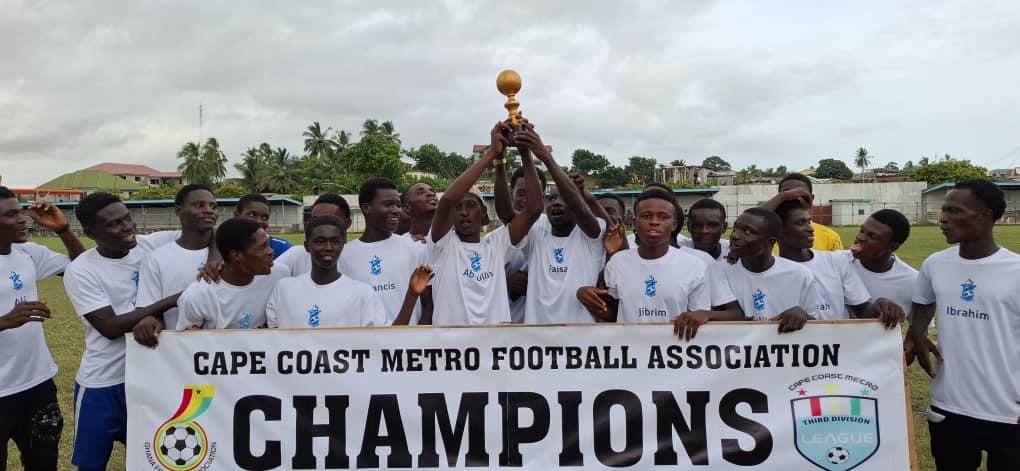Alajuelense, Costa Rica’s most successful club, is taking a stand against FIFA, demanding a spot in the upcoming 2025 Club World Cup. The club argues that the inclusion of multiple teams under the same ownership, specifically Leon and Pachuca, both owned by Grupo Pachuca, violates FIFA’s own rules regarding multi-ownership.
“The claim is based on the principles of eligibility set in the rules of the tournament,” the club stated in a press release. Marco Vazquez, a club spokesman, emphasized that FIFA’s regulations explicitly prohibit such multi-ownership. “Those are the rules that FIFA established — there cannot be multi-ownership,” Vazquez asserted.
FIFA’s Expanded Tournament and Potential Legal Action
The 2025 Club World Cup, expanded to 32 teams and hosted by the United States, has sparked controversy. While Alajuelense is the highest-ranked Central American team in the Concacaf region, it was excluded from the tournament. In contrast, four Mexican clubs, including the aforementioned Leon and Pachuca, secured spots.
Alajuelense is prepared to take legal action to enforce its claim. “We hired a law firm in Spain, and they have all the details,” Vazquez revealed. While FIFA has yet to respond publicly, the club’s determination to protect its rights is evident.
Wider Implications for Football Governance
This dispute highlights broader concerns about FIFA’s governance and its impact on the football ecosystem. The recent challenges to FIFA’s authority, including legal actions by the Professional Footballers’ Association (PFA) and European Leagues, underscore the growing scrutiny surrounding the organization’s decisions.
The PFA’s legal action against FIFA focuses on the organization’s unilateral power to set the international match calendar and create new competitions like the expanded Club World Cup. The European Leagues, along with La Liga and FIFPRO Europe, have also expressed concerns about FIFA’s potential abuse of dominance in the European Union.
As FIFA grapples with these challenges, the outcome of Alajuelense’s legal battle could have far-reaching implications for the future of club football and the balance of power between governing bodies and clubs.






